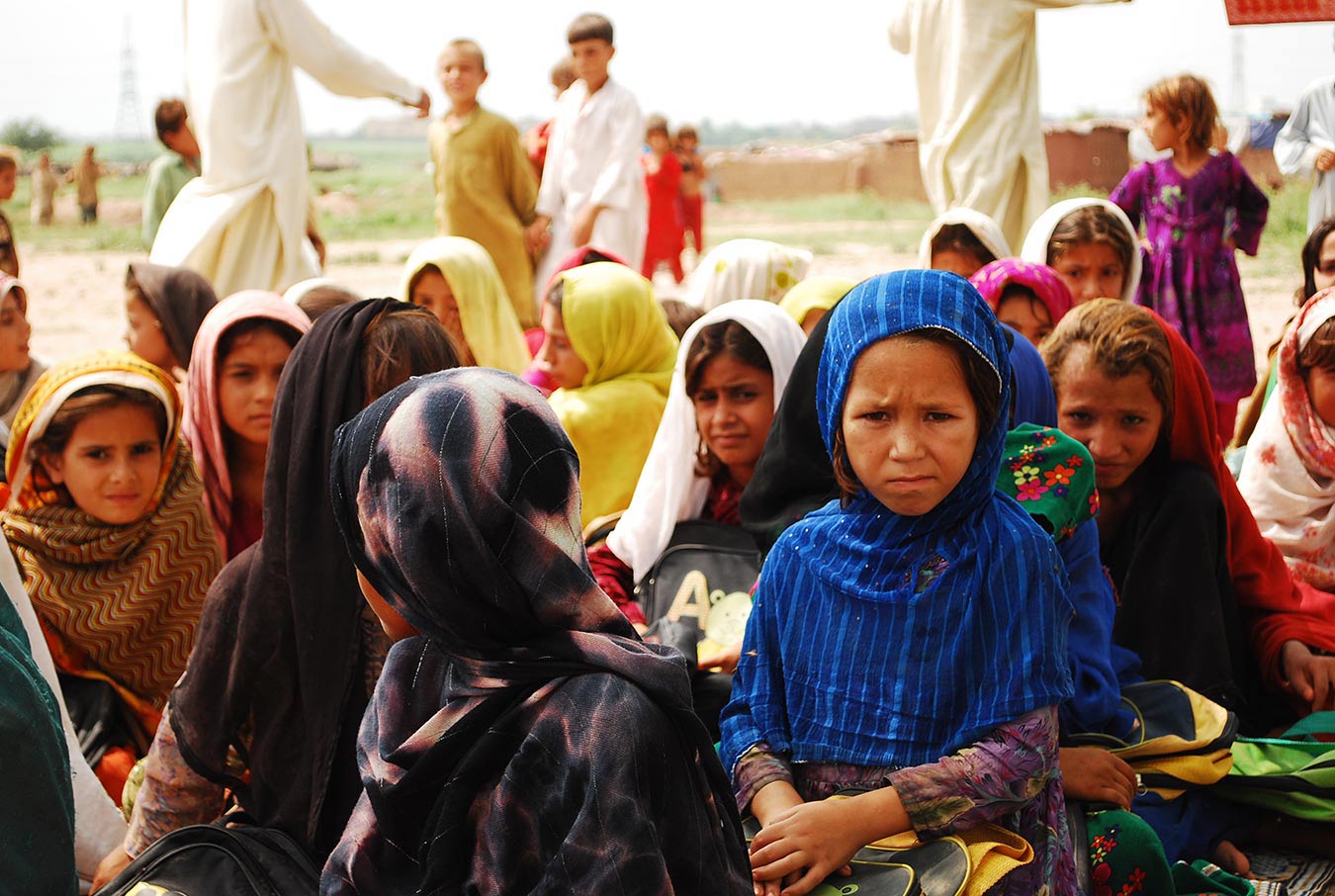The COVID-19 pandemic has impacted everyone living in Pakistan, but no community more so than Afghan refugees. Pakistan hosts more Afghan refugees than any other country in the world, taking in almost 55% of all refugees from Afghanistan.
To support these communities, Relief International has provided over 7000 Afghan households with food packets consisting of flour, rice, pulses, spices, cooking oil, sugar, salt & curry packets.
Relief International’s food packets help feed families. They also allow them to save money for other purposes.
Afghan refugees have been hit very hard by the effects of the pandemic. To combat the spread of COVID-19, the Pakistani Government introduced strict lockdowns in 2020, easing restrictions for vaccinated people to move more freely in 2021. Unfortunately, only 39% of Pakistan’s population is vaccinated, leaving a large section of the population, and the majority of Afghan refugees, limited in their ability to travel, attend gatherings, and, most importantly, find work.
This limitation, coupled with an inflation rate that has moved between 8-10% in 2020 and 2021, has left many Afghan refugees unemployed and unable to pay for the essential goods they desperately need. The hardest hit households are often the most vulnerable – households without fixed income, or those headed by women, children, or people with disabilities.
Bashar, Shakeela and Sida Jan are just some of the people who received RI food packets. Below they explain the huge impact these packets have had on them and their families.

Relief International in Pakistan
Pakistan hosts more than 1.4 million Afghans who have been forced to flee their homes. Relief International is working to improve outcomes for these people by providing health, nutrition and educational programming in the communities they live in.


